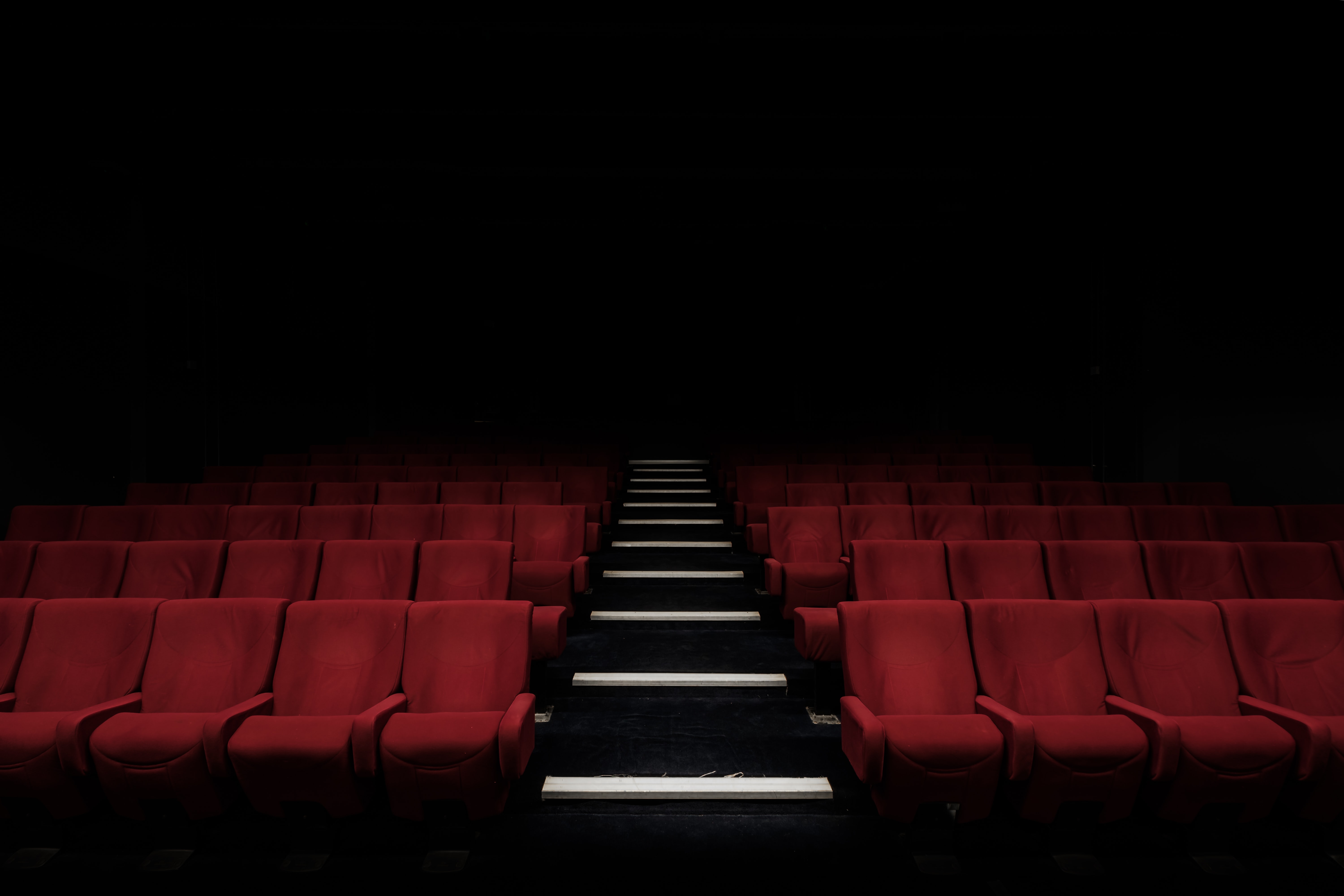Deb Broad
This promenade play is both a celebration and a critique of Art and its impact on twenty-first century culture. Everything flickers on screens, from cult films like The Dark Knight through to real life experiences like falling in love with your same-sex best friend. The monotony of a nine–five working life is explored through break-dance, and the war in Gaza is discussed through a moving lyrical dialogue. This play tells the viewer that Art through image and storytelling explores community and culture, and creates the questioning of those in power and their decisions.
The play opens with a live piano performance, then the audience is led promenade style by actors who are speaking in fake french through to the forgetful moon. This amusing presentation of fake language cleverly draws the audience’s attention to the play’s subtitles, screened in two locations on the darkened walls. This fake language could covertly represent the way those in power adapt the language of human rights for self-promotion and profit. These subtitles also contain references to the sources of the dialogue as lines borrowed from literary classics are used throughout the play.
For example, the lyrical words of T. S. Eliot are interspersed with film cuts and real stories from real people throughout the performance. Lines from the song ‘Memories’ from the play Cats are used to highlight the moon losing its memory. This represents the population of Australia losing their memory of what has always been culturally important, and what is still important today. We are all focused on screens and consuming, instead of focusing on the real relationships we have with each other—we need to focus on people not profits.
The alphabetically listed wording, quipped by the moon throughout the play, draws attention to what is important in real life. Art represents this, by drawing attention to the bigger picture of society as a whole in between the intimate personal stories: those of kissing a best friend and falling in love, and the monotonously repeated breakdancing which symbolises a normal working day. These interactions show us the importance of Art in both our personal journeys and in the bigger scheme of culture and society.
Everything Flickers is a well-choreographed lyrical masterpiece, an example of underfunded excellence—and definitely deserving of more funding. A bigger budget for this production could result in a larger screening area for the subtitles and a larger pool of water for the moon to sink into at the end of the play.
The final act is unifying and symbolic of community, the cast and the whole audience join together to sing the song ‘Memories’ from the play Cats. This rendition of the song raises the spirits of everyone in the room and is a memorable ending to the play. Everything Flickers states clearly that Art, as image, music, and text, is the essential communicator of life.
Everything Flickers’ final performance takes places tomorrow 18th November at The Blue Room Theatre, tickets available here.

